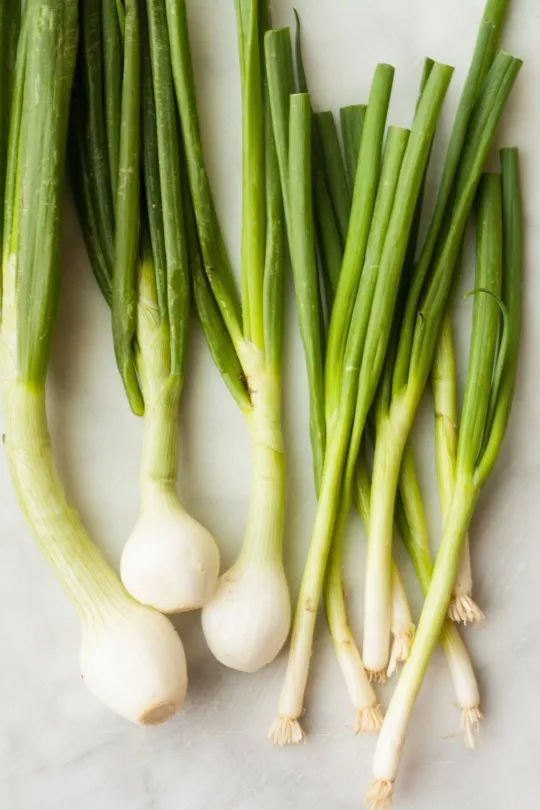The Persian Dayeinu Tradition

We have been reading a lot about Passover traditions around the world as we prepare to host this pesach and select the elements we'd like to use in our Haggadah. In so doing we came across the Persian / Iranian tradition of "Dayeinu warfare" a battle of onions!
From http://www.joyofkosher.com/2012/03/a-perfectly-persian-pesach/
"According to tradition, the reason we beat each other with scallions during Dayenu is to remind us of the suffering our brethren experienced in Egypt. The scallions represent the whips the Egyptians used on the Jewish slaves. However, why should we do this during Dayenu? Isn’t constipation due to matzah consumption enough of a pain to remind us of all kinds of suffering? Well, Dayenu is written as a poem to show gratitude to Hashem over all the big and little things He did for us during these times. But let’s be honest, who can ever really say a proper “thank you” for something that happened thousands of years ago? Hence, It is only by going through a little bit of the affliction (by the way of smelly scallions) we felt when we were slaves that we can actually be thankful today and realize from what we were spared. Plus, [...] the experience is incredibly cathartic!"
And from http://sdjewishjournal.com/sdjj/april-2015/persian-passover-and-a-brief-...
Nothing quite compares to what comes next. A big platter of green onions look appetizing enough…except, we cannot eat them. These onions are for flogging.
“During the reading of the Dayenu, everyone young and old gets a hold of a green onion…we wait patiently to get to the reciting of the word, ‘Dayenu.’”
That’s when the semi-formal Persian Passover turns into mayhem.
“People jump up from their seat and begin hitting each other with green onions,” Ross says. “Some people say this is [...] for a few seconds of fun. Some people say it is to feel the lashes that our ancestors endured as slaves in Egypt. It is not really known as to when or why this tradition started,” though it’s customary, she concludes. If nothing else, it brings a little levity into the ceremony.
So without further ado - here come the onions!
Inspired to create
your own Haggadah?
Make your own Haggadah and share with other Seder lovers around the world
Have an idea
for a clip?
People like you bring their creativity to Haggadot.com when they share their ideas in a clip
Support Us
with your donation
Help us build moments of meaning and connection through
home-based Jewish rituals.
OUR TOP CONTRIBUTORS
Passover Guide
Hosting your first Passover Seder? Not sure what food to serve? Curious to
know more about the holiday? Explore our Passover 101 Guide for answers
to all of your questions.






















